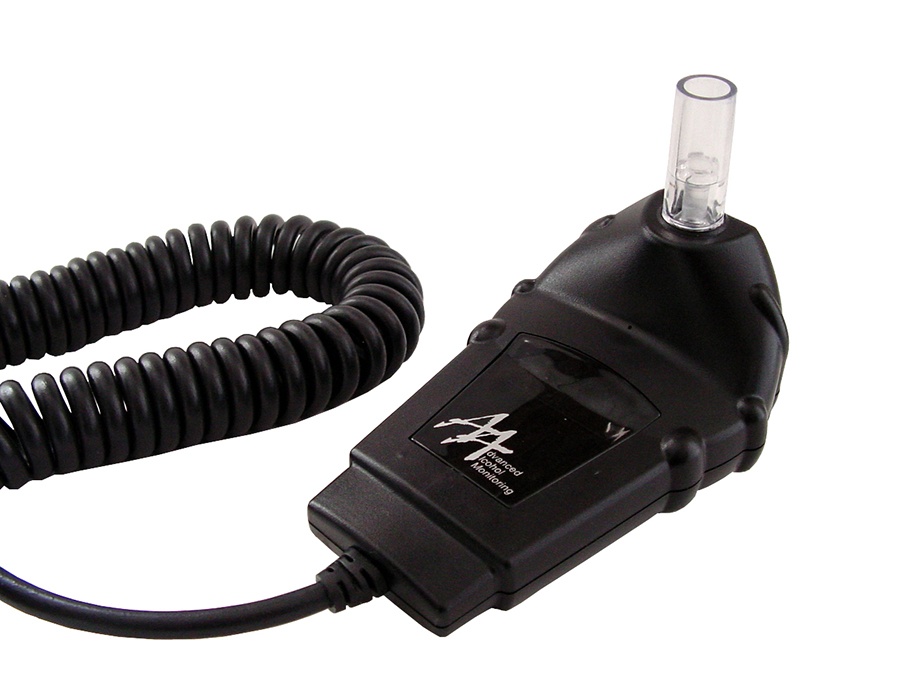
As of last week, Massachusetts became the only state in the country that does not provide ignition interlock options for first drunk driving offenses after Idaho implemented this type of law in March.
Ignition interlocks use a breathalyzer to measure a driver’s blood alcohol level before allowing them to start their car, ensuring that they are below a pre-set BAC before operating their vehicle.
Massachusetts currently requires interlocks after the second offense and any subsequent drunk driving offenses. The Centers for Disease Control and Prevention found that interlock laws decrease repeat drunk driving incidents by 67 percent.
Only 27 states require an interlock system for first offenders, whereas every other state leaves it as an option, according to Mothers Against Drunk Driving. Mary Kate DePamphilis, the Massachusetts program director for MADD, said despite this, up to 75 percent of people are still driving on a suspended license.
“License suspension is somewhat of an honor system,” DePamphilis said. “Someone could get their license taken away, but there’s nothing preventing that person from getting into the car and driving, so why not get the interlock in their car so we can ensure that they’re sober while they’re driving?”
A current Massachusetts Senate bill allows for an opportunity to turn sober driving into a reality — the all-offender interlock bill is currently under review by the Joint Committee on Transportation, but DePamphilis said MADD is hoping to bring it to a full Senate vote by mid-May.
“It is for all offenders, including first-timers, to be put on the interlock system instead of license suspension,” DePamphilis said. “We just want everyone to be sober and safe on the road.”
This belief reflects a Johns Hopkins University study which shows an implementation of an interlock law will result in at least a seven percent decrease in drunk driving fatalities.
The bill has received positive feedback, thus far, from those in public office and from the public itself, DePamphilis said.
“[The interlock law] definitely saves real lives,” DePamphilis said. “We’ve met with every senator and every representative and we’ve only had great feedback because it’s a win-win for the offender, for public safety and for victims that want this.”
The main counterargument, she said, has been a worry about cost, but her organization has thought of a way to counter that concern.
“The digit fund we came up with can offset this cost, but as of now, the interlock system only comes out to three dollars [per] day,” DePamphilis said. “If you think about it, a lot of these people have substance problems and the cost of drinking is much more than that.”
Several Massachusetts residents were surprised that the interlock system is not already a requirement in the state.
Jennifer Lampa-Gellerman, 30, of Roxbury, said she believes that Massachusetts should follow the lead of other states who have already passed interlock legislation.
“I believe it could decrease the amount of people getting arrested for drunk driving which would be less people in court [and] prison,” she said.
Sean Szekely, 49, of Andover, said that if every other state has the system in place, Massachusetts should have it as well.
“It doesn’t surprise me that Massachusetts hasn’t required the breathalyzers,” Szekely said. “That’s just the way Massachusetts is. You gotta do a lot to get in trouble here.”
Stefanie Gerken, 46, of Brookline, said she has experienced personal roadblocks with ignition interlocks as she requested her ex-husband to pass breathalyzer tests if he were to get visitation rights to their son.
“I was concerned about the driving most of all,” Gerkin said. “I wanted a breathalyzer in his car to make sure that his car wouldn’t start unless he was sober.”




The ignition interlock bill that is in the senate went to study which means it is essentially dead for this session. Lobbyists definitely haven’t put forth the effort to get this bill passed. Which shows really how far behind the times massachusetts lawmakers are!